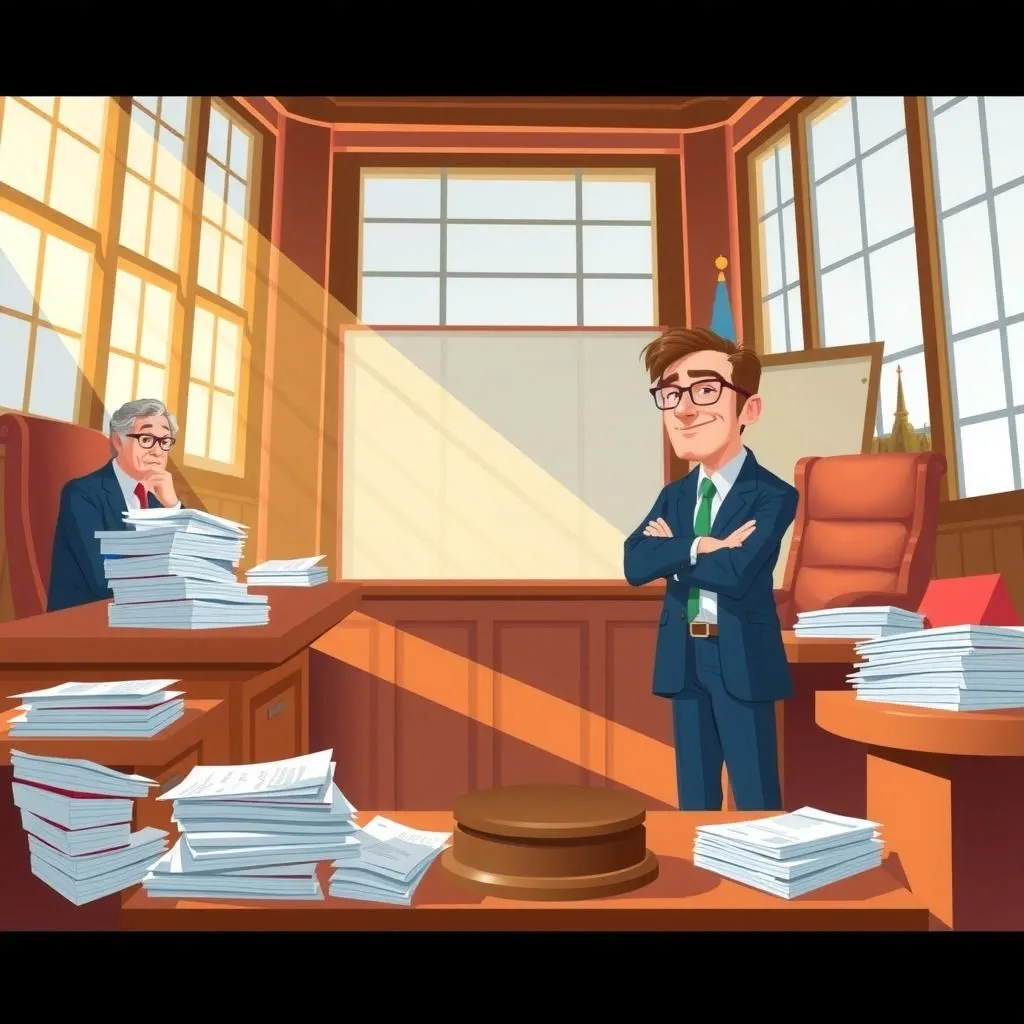
The Thieves and the Cock
In "The Thieves and the Cock," a group of thieves steals a rooster but decides to kill it, only to have the rooster plead for its life by highlighting its role in waking people for work. The thieves reject his plea, illustrating a key lesson learned from stories: those with malicious intent despise anything that promotes virtue. This humorous story serves as one of the best moral tales, reminding us that the safeguards of virtue are often hated by those who wish to do wrong.


